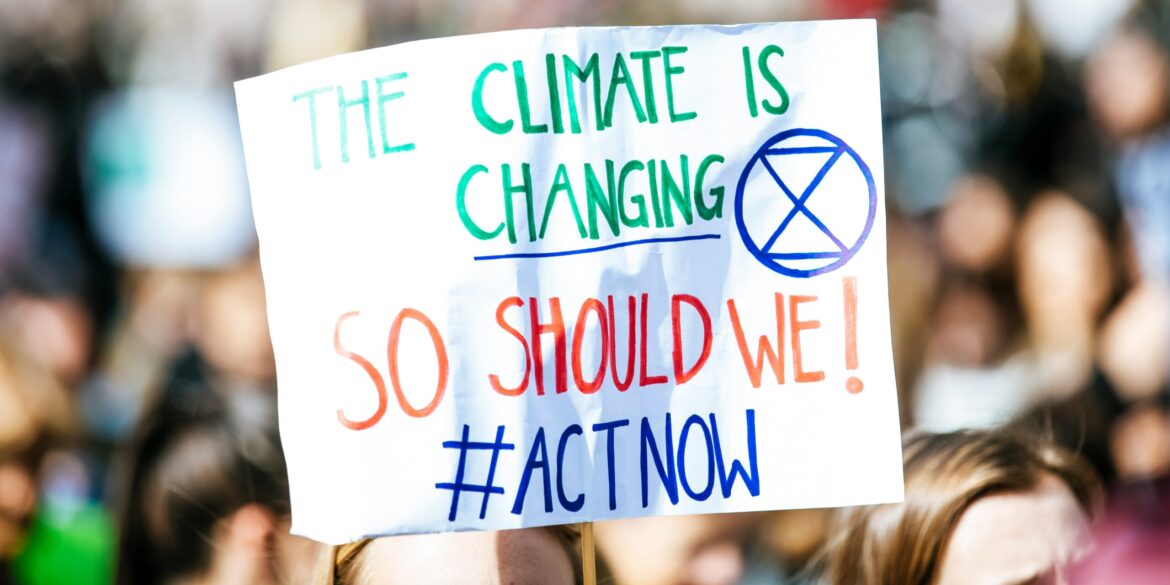In a historic Advisory Opinion issued on July 23, 2025, the International Court of Justice (ICJ) declared that states have binding legal duties under international law to reduce greenhouse gas emissions and protect the human right to a clean, healthy, and sustainable environment. The Court emphasized that climate change represents an urgent and existential threat, and that a failure to act on these responsibilities may constitute an internationally wrongful act, triggering state accountability.
These obligations derive not only from key environmental treaties such as the Paris Agreement, the UN Framework Convention on Climate Change (UNFCCC), and the Kyoto Protocol, but also from customary international law and international human rights principles. The ICJ stated that governments must act with due diligence, ensuring emissions are regulated within their jurisdictions, including emissions from private entities. Additionally, they must cooperate across borders in good faith to prevent significant transboundary harm caused by climate change.
The legal consequences of non-compliance could include requirements to cease wrongful actions, provide guarantees against future violations, and offer full reparations. These reparations might involve restitution, compensation, or other forms of satisfaction, provided that a causal link can be established between the harmful actions and the resulting environmental damage.
Significantly, the ICJ clarified that even when emissions are widespread or diffuse, the inability to trace every source does not absolve states of responsibility. Countries bear obligations not only to their citizens but to the international community at large. This assertion opens the door for climate-vulnerable nations, such as small island developing states, to bring forward legal claims against high-emitting nations or corporations on the basis of shared global harm.
By July 30, environmental advocates and legal scholars were calling the opinion a potential turning point for international climate policy. They noted that this advisory ruling offers a powerful legal foundation for enforcing climate obligations and may shift the balance away from diplomacy toward more enforceable legal measures. Rather than relying on political negotiation, affected nations can now appeal to judicial forums—both international and domestic—for accountability and remedies.
Read also: https://democratdigest.com/climate-justice-revival-spotlights-policy-equity-at-baltimore-conference/
Already, the ruling is expected to invigorate a growing wave of climate litigation. Thousands of cases are currently underway in national courts, and the ICJ’s opinion strengthens their legitimacy by affirming that climate obligations are part of recognized legal frameworks. Countries that fail to act on emissions reductions may now face greater legal exposure, especially if they continue to approve new fossil fuel projects or neglect their net-zero targets.
The decision has been welcomed by many environmental organizations and leaders in climate-vulnerable regions. Caribbean and Pacific Island representatives have celebrated the ruling as a vital instrument for demanding justice and potentially unlocking reparations for loss and damage caused by rising sea levels, extreme weather, and ecosystem loss. It also serves as a moral and legal benchmark for corporate actors, many of whom contribute significantly to global emissions.
However, not all reactions have been positive. Some political figures in major emitting countries have voiced concerns about the ruling’s implications, arguing that it could open the floodgates for politically motivated lawsuits or unfair penalties for historic emissions. Legal analysts acknowledge that challenges remain in proving jurisdiction, causation, and enforcement, particularly when states assert sovereignty or push back against multilateral mechanisms.
Despite those hurdles, the ICJ’s opinion is viewed as a landmark contribution to evolving climate jurisprudence. While non-binding, such opinions carry substantial legal and diplomatic weight. They influence how courts, policymakers, and corporate leaders interpret obligations under existing laws and treaties. The decision may also shape upcoming climate negotiations, including discussions at the COP30 summit, where legal clarity on state responsibility will likely be a topic of debate.
In the broader context, this advisory opinion marks a shift from voluntary climate pledges to enforceable legal frameworks. It underscores the global consensus that environmental protection is no longer optional but a core responsibility of modern governance. For those seeking justice in the face of escalating climate impacts, it offers a new avenue for recourse—and a stronger foundation for demanding action.

